Changing a statement into a question in Japanese is easy because only thing you have to do is adding か…
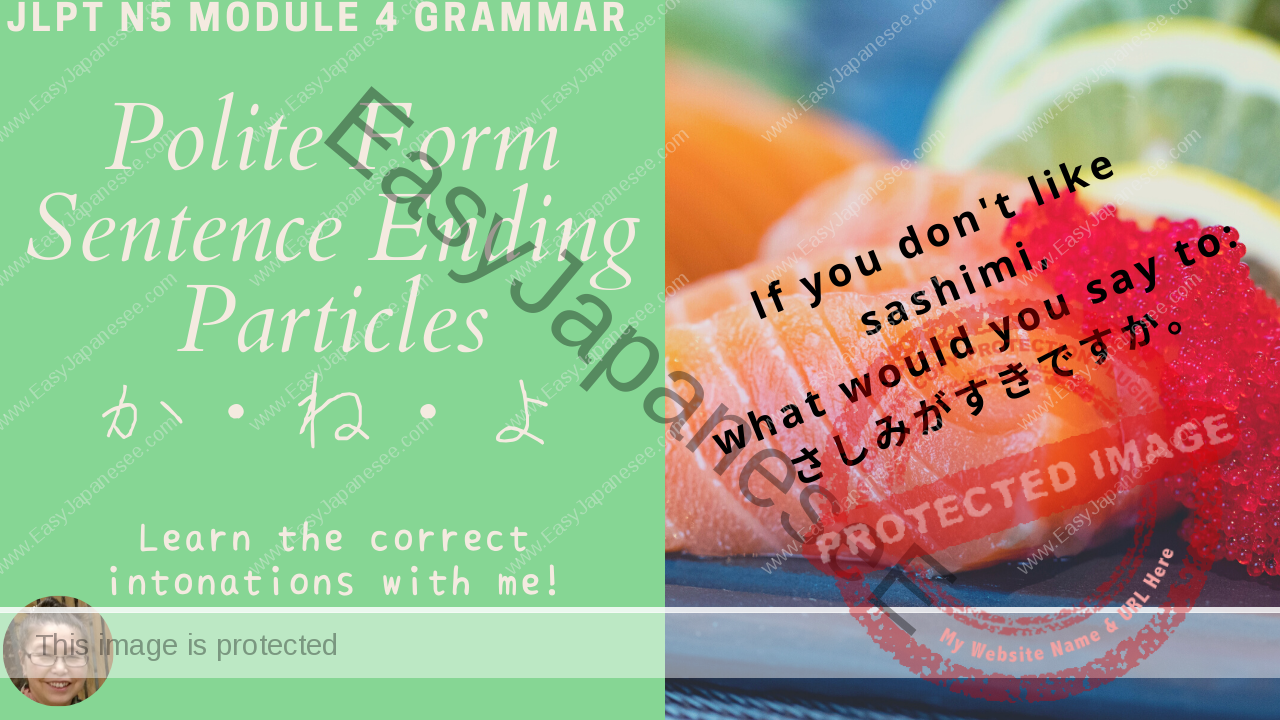

Changing a statement into a question in Japanese is easy because only thing you have to do is adding か…
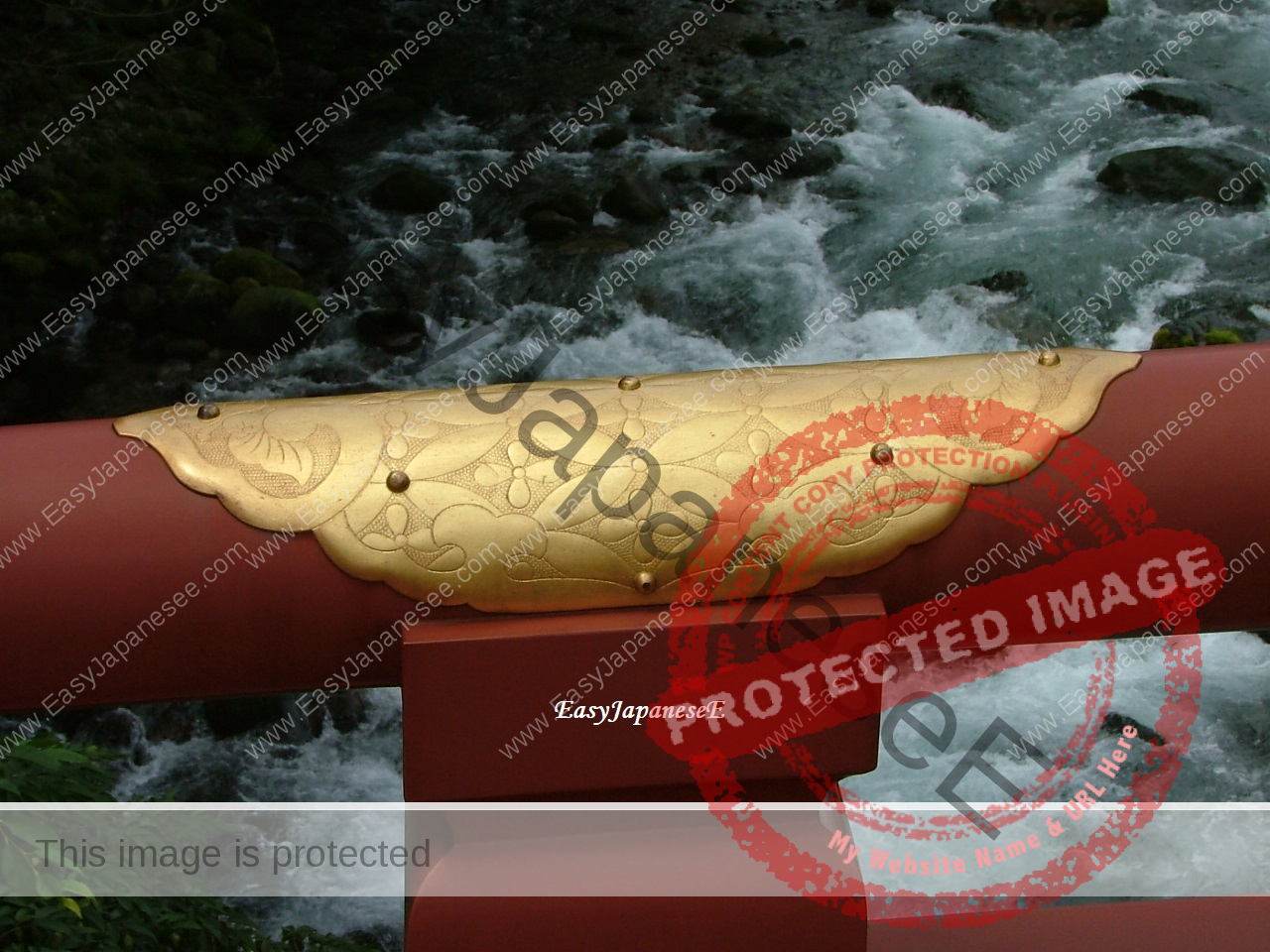
You learned about ~ます、ました、ません、ませんでした endings. If you add か after those endings, the sentence becomes a question. So あさごはんasagohanをwo たべますtabemasuかka means…

You learned a number of verbs in this module. Have you noticed that all these verbs ended in ~ます? The…
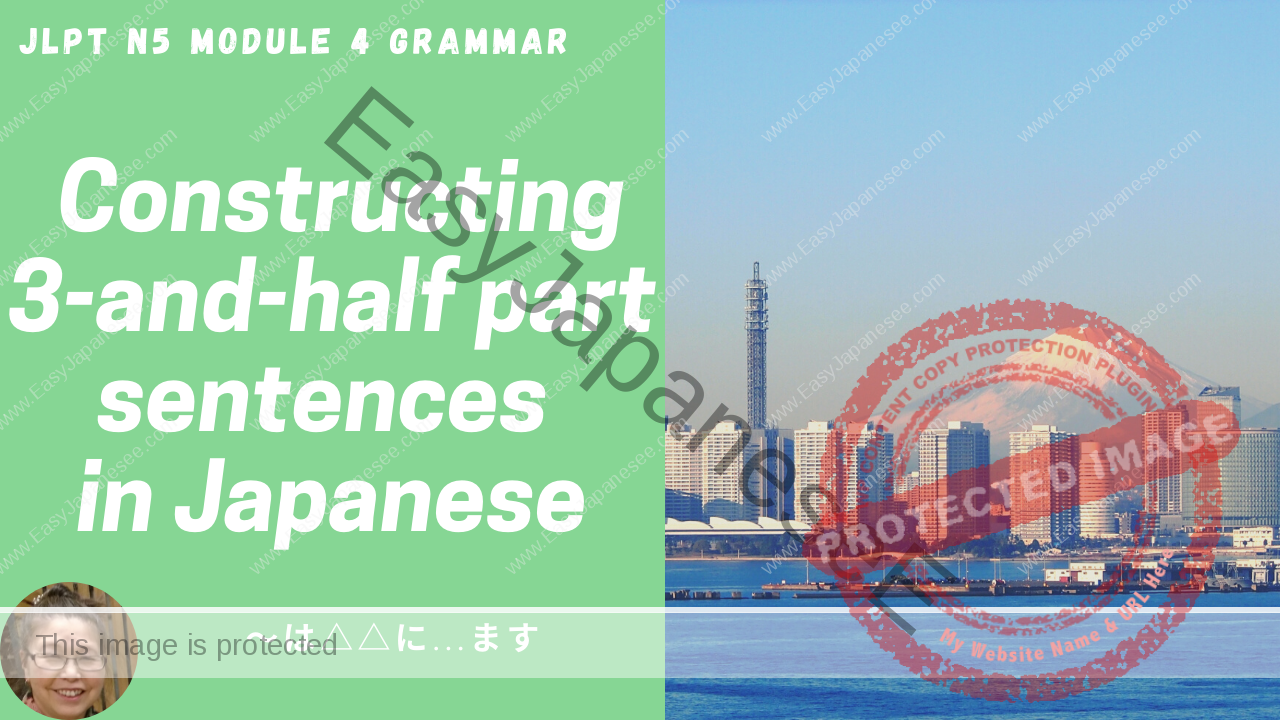
This posts explains how to use coming and going verbs like いきます and きます, etc. It takes に instead of を in front of them.
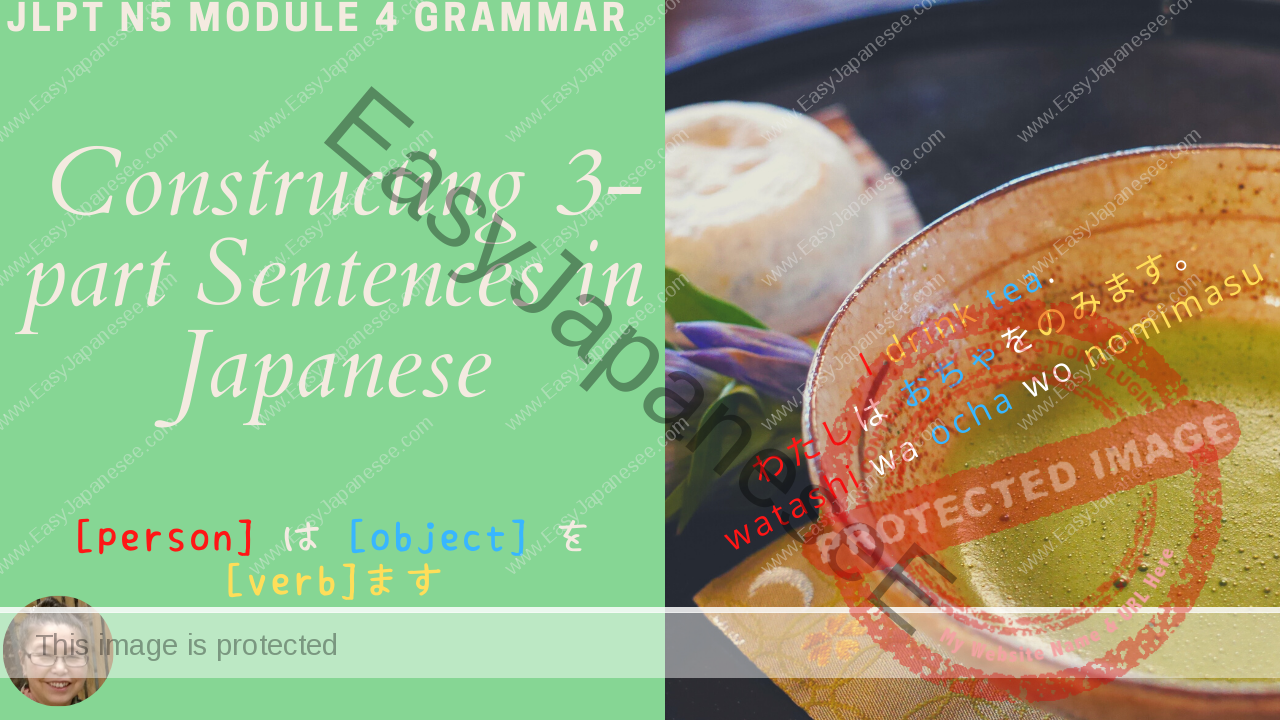
Let’s learn basic verbs and start making simple sentences. Watch this video and the following verbs all can be used…

[A]は[B]です is one of the most basic sentence, meaning [A]=[B]. This post explains how to use the pattern together with possible words you can use in this pattern

This post explains how to say “I want …” in Japanese. As is in English, this expression is rather direct and mature people should avoid using it.
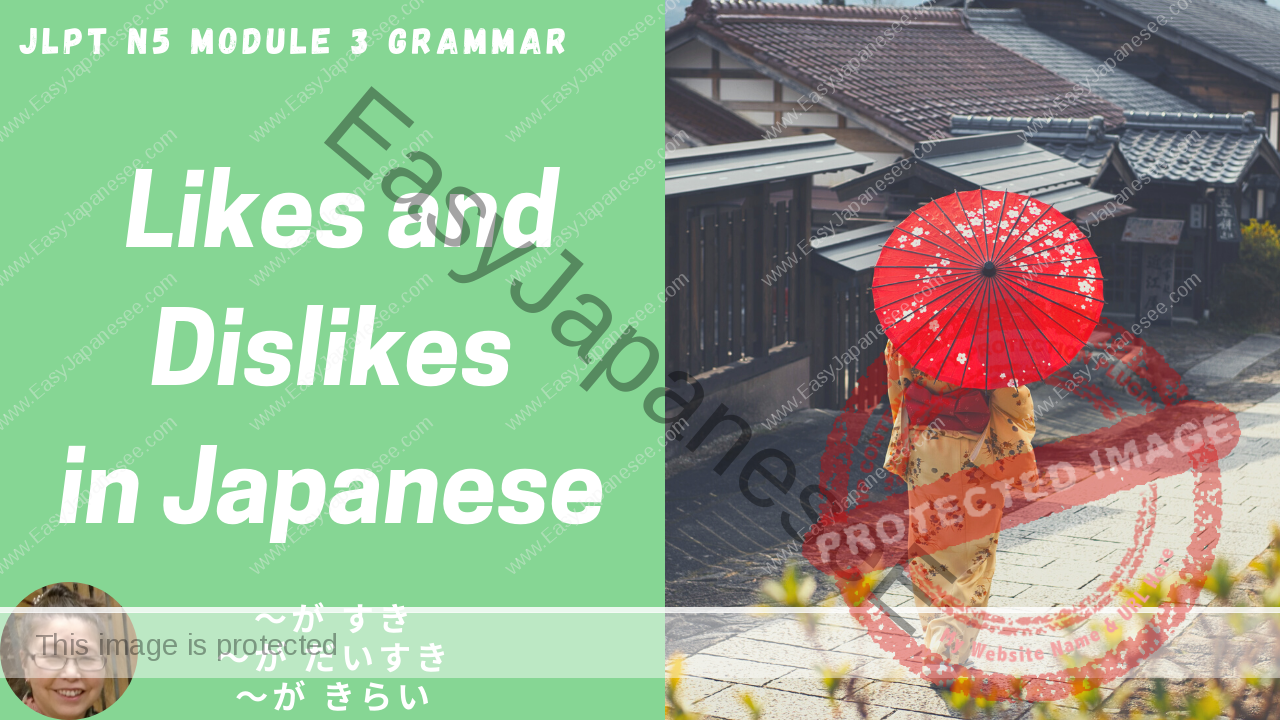
This post explains how to say “I like…” and “I don’t like.” You need to pay attention to the particle が which is a marker for the target of desire.
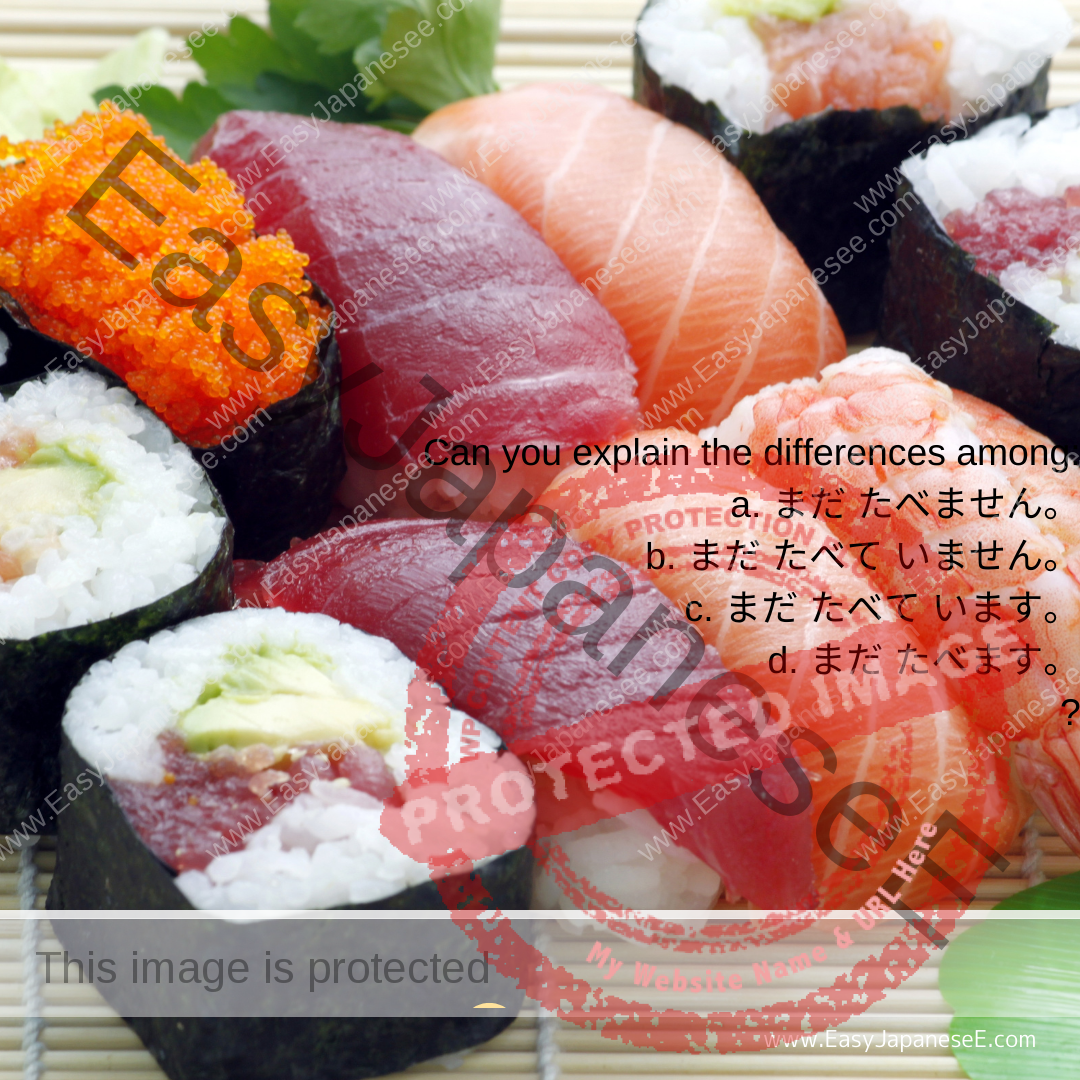
This post compares the meaning of まだ with affirmative and negative verbs, [てform] + います/いません and with noun and adjectives.

The aim of this lesson Change all です ending sentences to negative. Explanation Video Connection [noun] は [いadjective stem] くない…

Connection [person] は [activity] が じょうず です。= [person] is good at [activity]. (Do not use for yourself or other people’s professional…

xxx は yyy が zzz です has both the topic marker は and the subject marker が in one sentence, meaning “talking about xxx, yyy is zzz.”

In the post, いadjectives and なadjectives, I explained that there are 2 different kind of adjectives and that they behave…
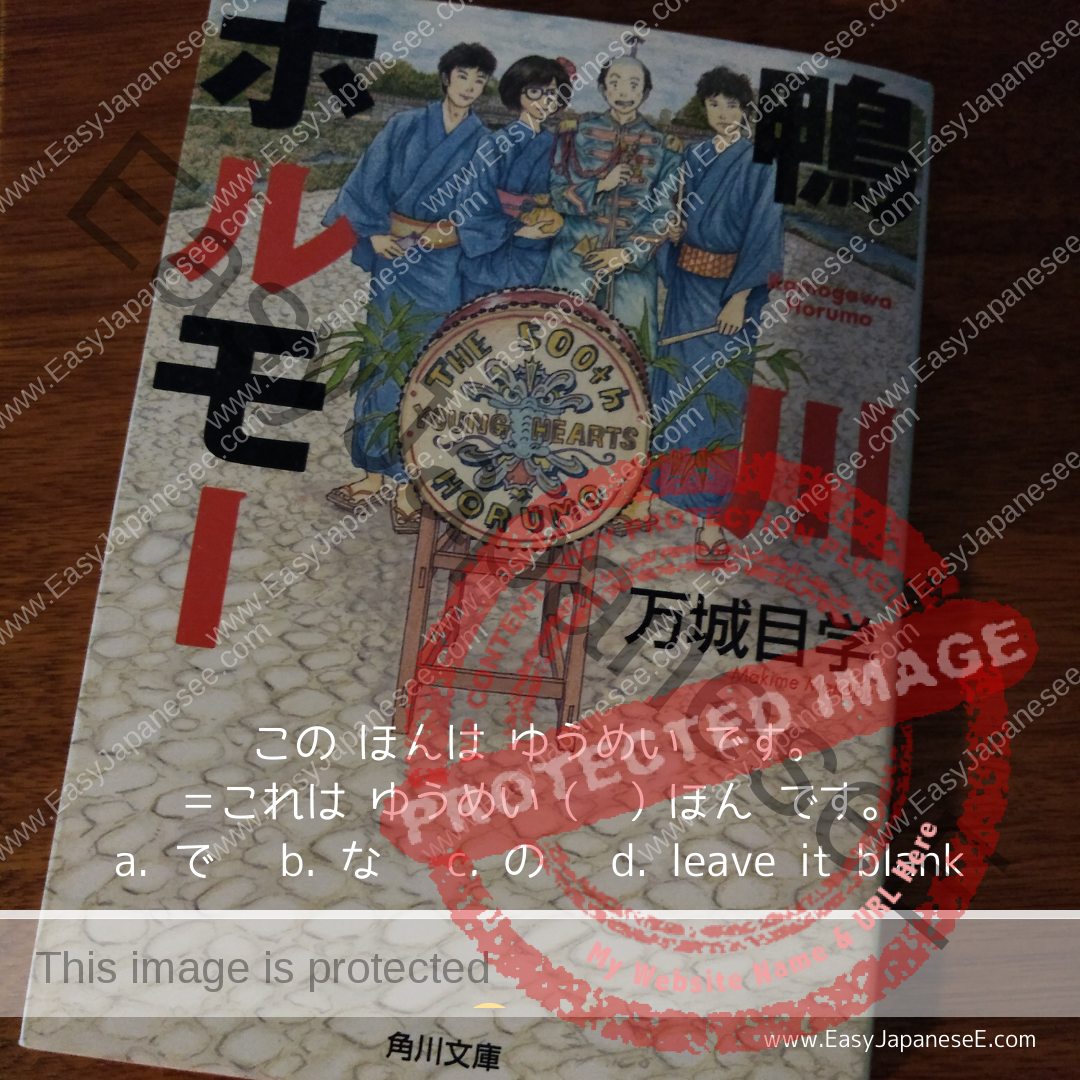
This post talks about the difference between いadjectives and なadjectives as well as この vs これ.

Today’s Question You saw a menu item きょうのおばんざい. You’ve never seen/heard the word おばんざい, so you want to know what…

How to Convert Polite form into Plain form 1-dan verb 5-dan verb いadjective なadjective/ noun non past affirmative (dictionary form)Click…

Connection いadjective: change the last い into くなadjective: add に Explanation An adjective describes a noun whether it’s placed before…

This post explains how how to use ~の with Japanese adjectives in the same way as the English “one” (as in a “white one” or “large ones”) in Japanese.

How to make てform Connection ~ [てform] … Meaning ~ and ・・・In case of 2 verbs connected, the actions happened in…
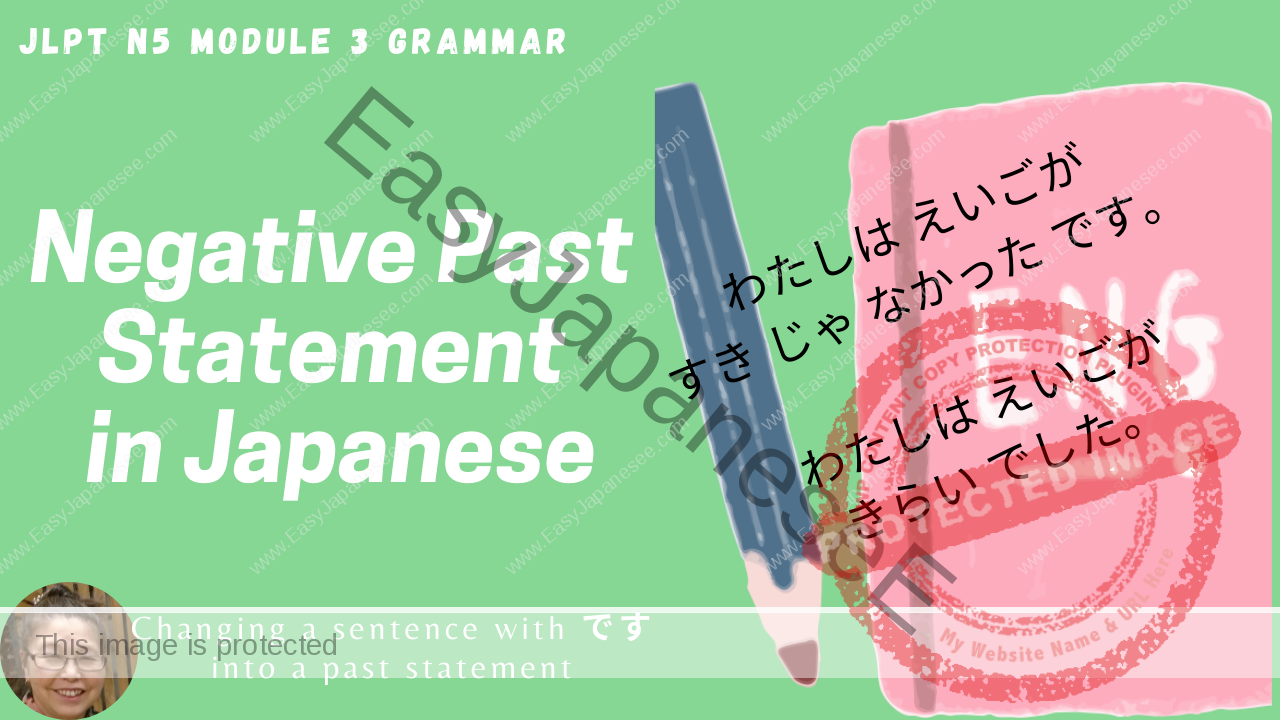
Connection [noun] は [いadjective stem] くなかったです。(いadjective stem means an いadjective without the last い)[noun] は [noun]/[なadjective] じゃなかったです。[noun] は [noun]/[なadjective] ではなかったです。[noun]…
